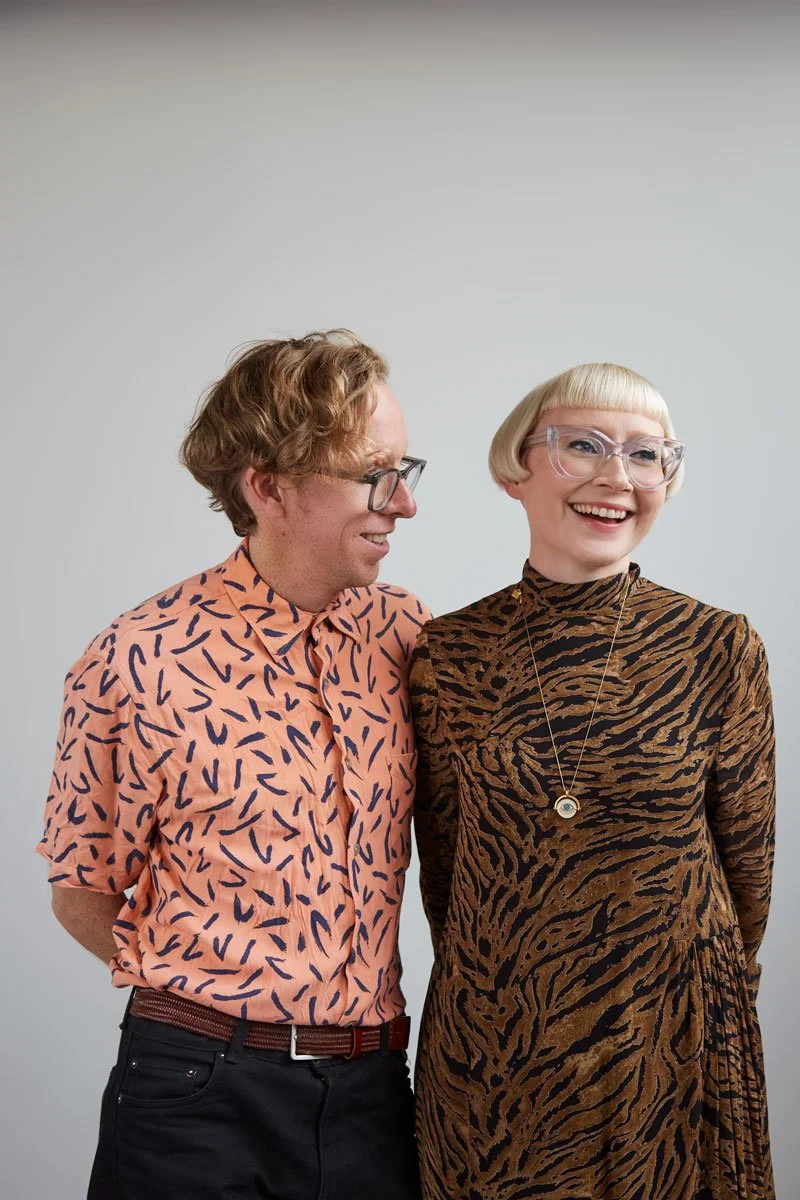We collaborate with children and young people on creative projects that initiate new and different kinds of conversations between children and adults. These conversations explore how we live together and the roles we are all able to play within the life of our communities.
Our work is based in performance but has taken a range of forms. Some things we’ve done recently include collaborating with the children of internal migrant workers in Beijing to imagine a different future for their city, creating a social action collective with primary school children in St Helens, and working remotely with children across the Australia and New Zealand to make an audio-walk that takes place in the rain, exploring their experience of connection, localness and distance during the coronavirus pandemic.
Over the last decade we have worked with a broad range of partners, including the 21st Century Museum of Contemporary Art Kanazawa, D-CAF Festival Cairo, Cultura Inglesa Brasil, Homo Novus Festival Riga, Manchester International Festival, the Museum of London, PuSh Festival Vancouver and Tauranga Arts Festival in New Zealand.
Central to all our work is the aim of creating playful and innovative new ways for adults and children to talk, think and imagine together. Spaces of compassion where new kinds of futures can be imagined.
Our work has taught us how helpful for everyone it can be to have children be a part of these big complex conversations. We believe that children are much better than adults at applying simple principles like fairness and justice to difficult issues in the real world, and are equally good at holding adults to account when they fail to do the same. By trusting children to play a meaningful part in our social and political discourse, we are able to make better, braver decisions that benefit us all.
We also believe that it isn’t enough to simply invite children to take part in these conversations. We need to provide them with the tools to reflect on and articulate their experience of the world, and create situations in which adults can really listen to children with the kind of seriousness and concentration they normally only reserve for other adults. This, for us, is the value and purpose of art – it is the name we give to all our attempts to provide people with the space to think, to speak and to be listened to.
